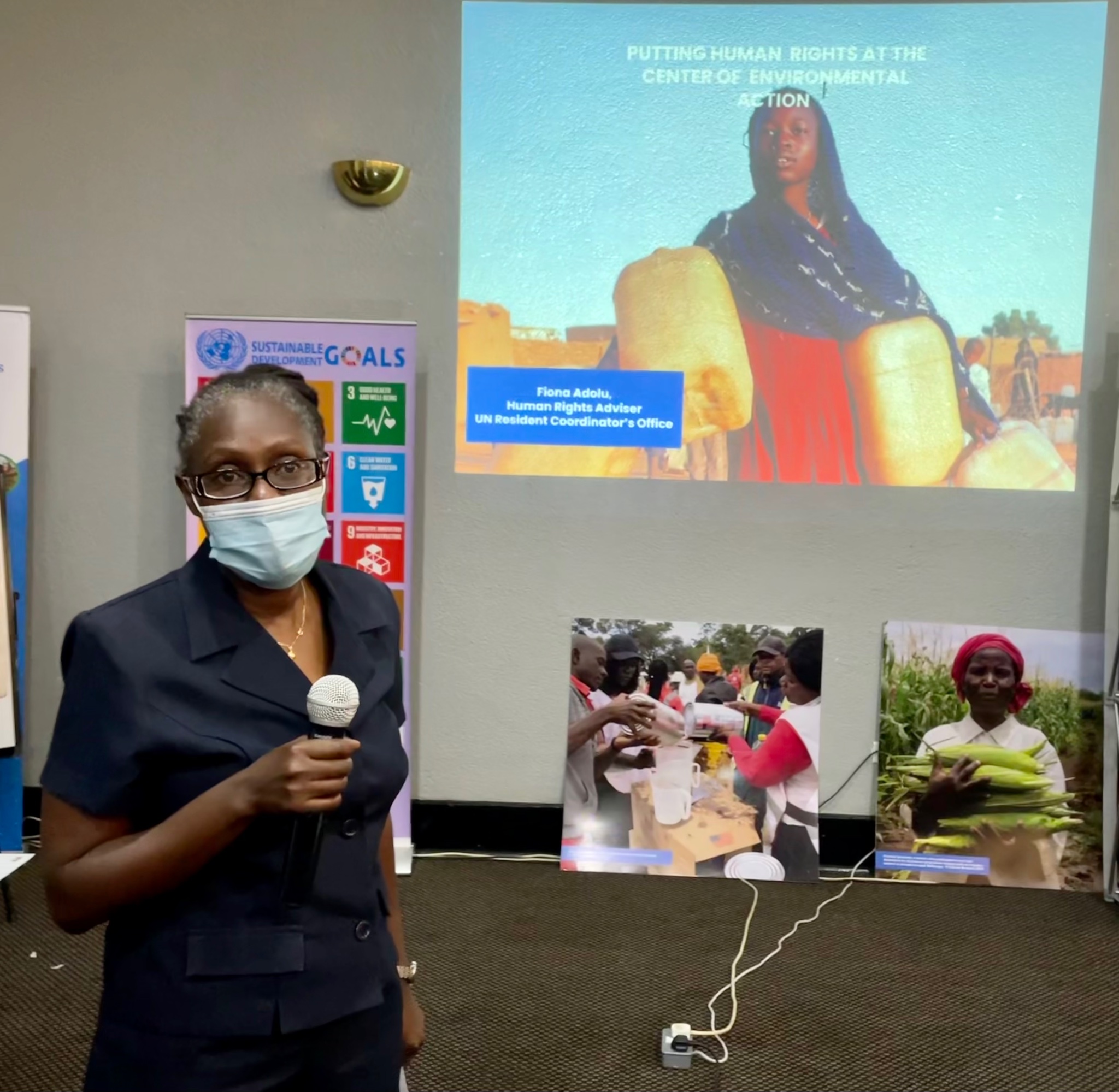|
Getting your Trinity Audio player ready...
|
In Ngangu Village, one of the epicentres of Cyclone Idai destruction in Chimanimani District, scores of people are still nursing the physical, emotional, and psychological wounds of the environmental catastrophe that hit their community.
Shamiso Makwambeni (not real name) recounted how on the fateful night of 15 March 2019, after what appeared a normal day, there was suddenly huge noise of what sounded like haulage trucks colliding with huge boulders of stones as rain pounded their village and appeared to be rivers emptying their contents on the community from the heavens above.
“It was like the earth had been inversely converted. It’s like the sea was in the atmosphere emptying its contents on mother earth. In less than an hour, our homes were submerged in water. By the grace of God, I found myself hanging precariously on a tree branch. I watched helplessly as my family members and all our property and livestock were washed away in the floods.
“I lost everything: my academic certificates, clothes, food, and everything else in the flood. The government is doing its best to restore infrastructure but it’s not enough to restore our lost rights and dignity,” Makwambeni told Spiked Online Media.
According to Section 73 of the Zimbabwean Constitution, “Every person has the right to an environment that is not harmful to their health or wellbeing and to have the environment protected for the benefit of present and future generations…”
Fiona Adolu, a Human Rights Adviser in the United Nations Zimbabwe Resident Coordinator’s Office, addressing journalists who attended a workshop on climate change in Harare recently, alluded to Michelle Bachelet, the United Nations High Commissioner for Human Rights who said that in the face of environmental harm and injustice, the law is one of our most effective tools to hold Governments to account, to uphold people’s rights, and to protect human health and the earth’s natural systems.
“We applaud the government of Zimbabwe, in partnership with various stakeholders including the UN family and civil society organisations for working to restore people’s dignity and rights by taking measures to build shelter, roads, schools, and bridges for the people,” Adolu said.
She highlighted that climate change often has adverse impacts on human rights.
Rising sea levels, floods, heatwaves, droughts, desertification, water shortages, and the spread of tropical and vector-borne diseases have been identified as some of the adverse impacts of climate change.
“Environmental degradation threatens the effective enjoyment (whether directly or indirectly) of a wide range of human rights including the rights to life, safe drinking water and sanitation, food, health, housing, culture, work, and development, among others.”
Persons and communities that are already in disadvantageous situations due to geography, poverty, gender, age, disability, cultural or ethnic background are often disproportionately affected by the impacts of climate change.
“We need a safe and stable climate to stay healthy, grow our food, water our crops, and preserve our homes. A safe and stable climate is crucial for humanity’s survival and ensures that all people are able to enjoy their human rights,” Adolu added.
Flooding can lead to pollution – the largest source of premature death in the developing world. Pollution disproportionately affects small children, older people, persons with disabilities, and those who live in situations of poverty or marginalization. Stopping pollution and related environmental degradation saves lives and prevents human rights violations.
Everyone has the right to stand up to protect the environment. Thus, we all need access to environmental information. There is a need to include all stakeholders in environmental policy making by guaranteeing the participation of all people, especially those who have been left out of discussions in the past, and ensuring access to justice for those most affected by environmental harms.
Persons with disabilities are often among those most adversely affected during climate emergencies. The meaningful participation, inclusion, and leadership of persons with disabilities and their representative organizations within disaster risk management and climate-related decision-making at the local, national, regional, and global levels, lies at the heart of an approach to climate action that is respectful of the rights of persons with disabilities.
Climate change affects women, men, boys, and girls in different ways. Entrenched and systemic discrimination can lead to gender-differentiated impacts of climate change with respect to health, food security, livelihoods, and human mobility, among other things. Intersectional forms of discrimination can make some women and girls more vulnerable to climate change while excluding women and girls from climate action makes it less effective and further exacerbates climate harm.






